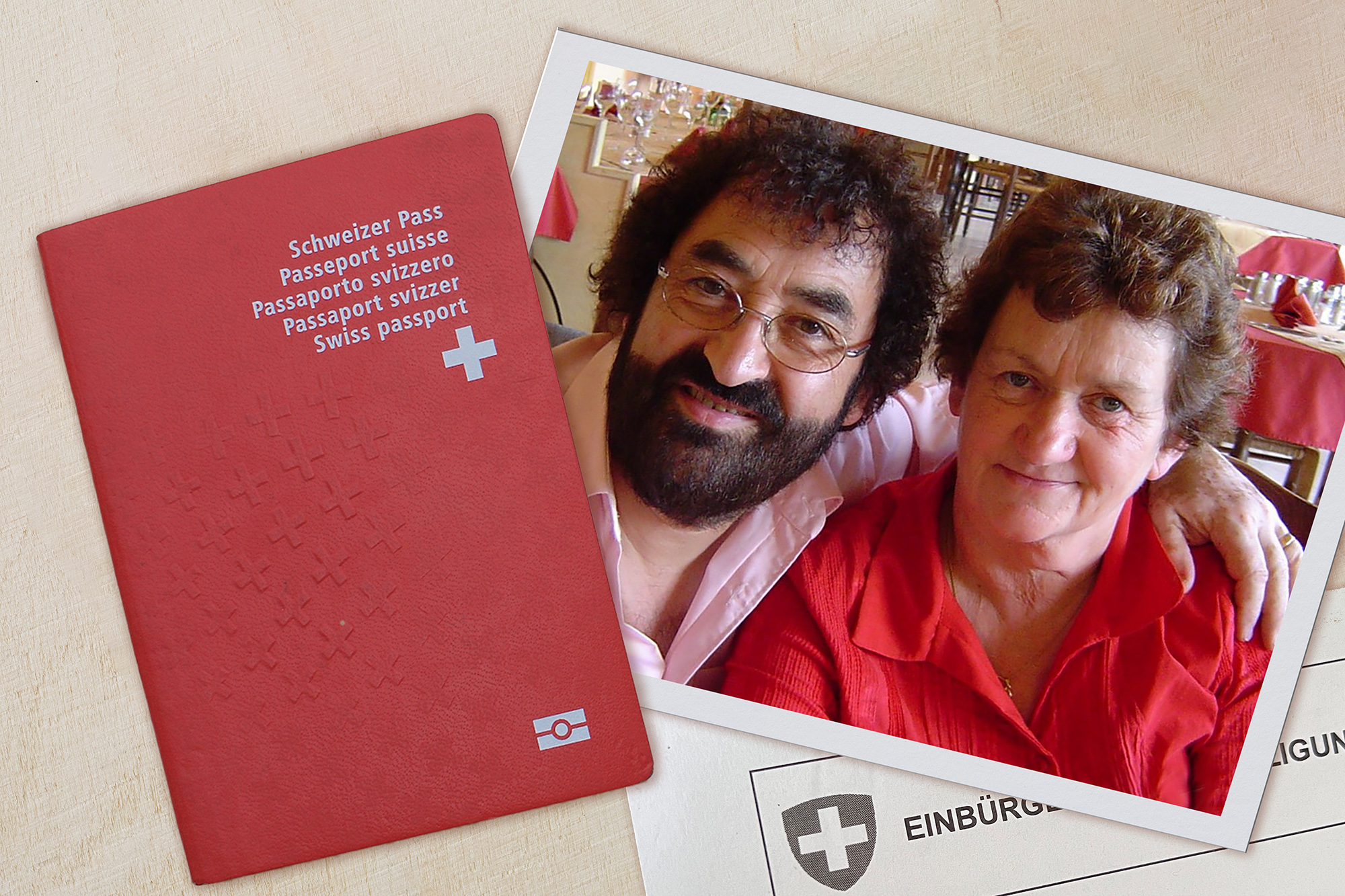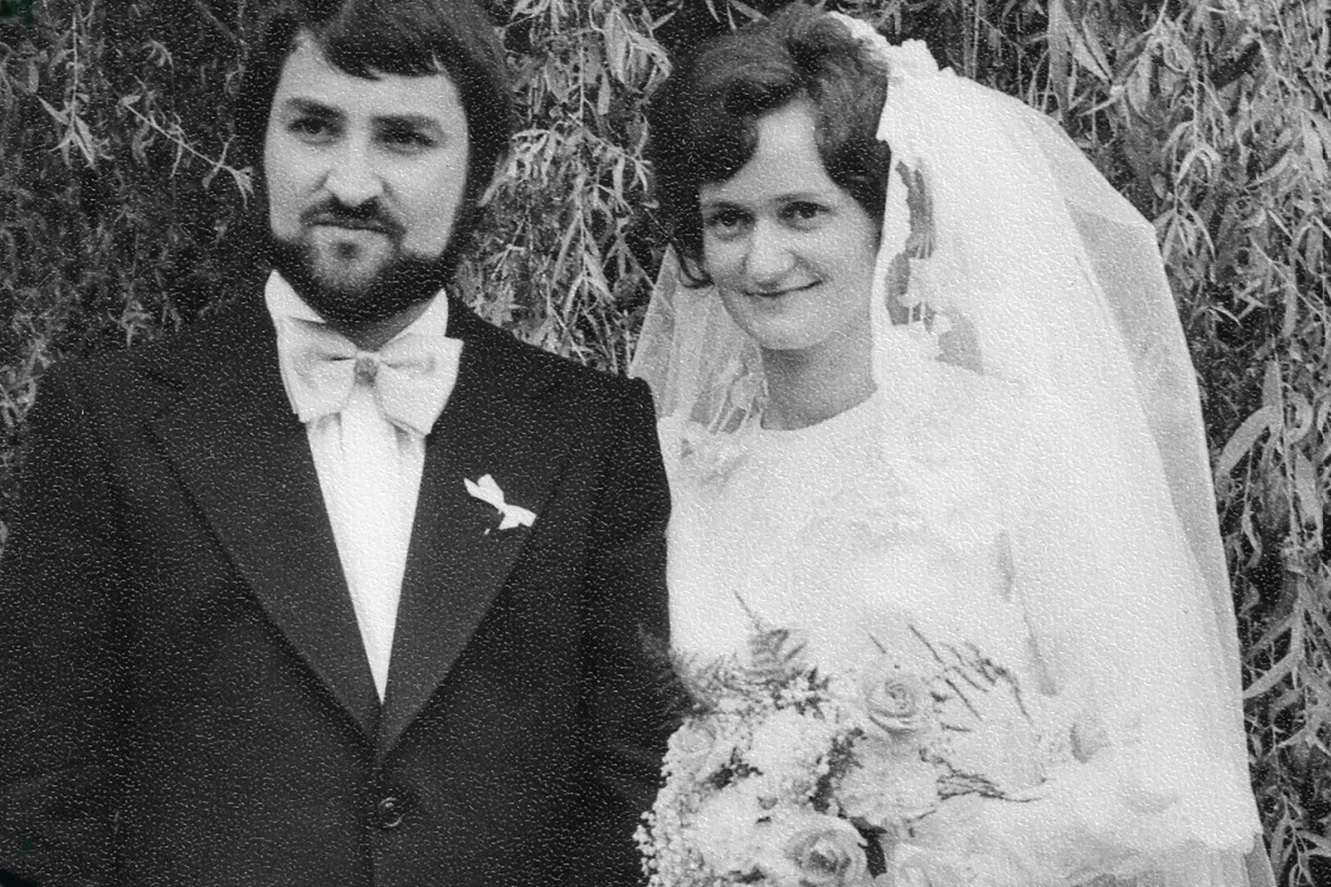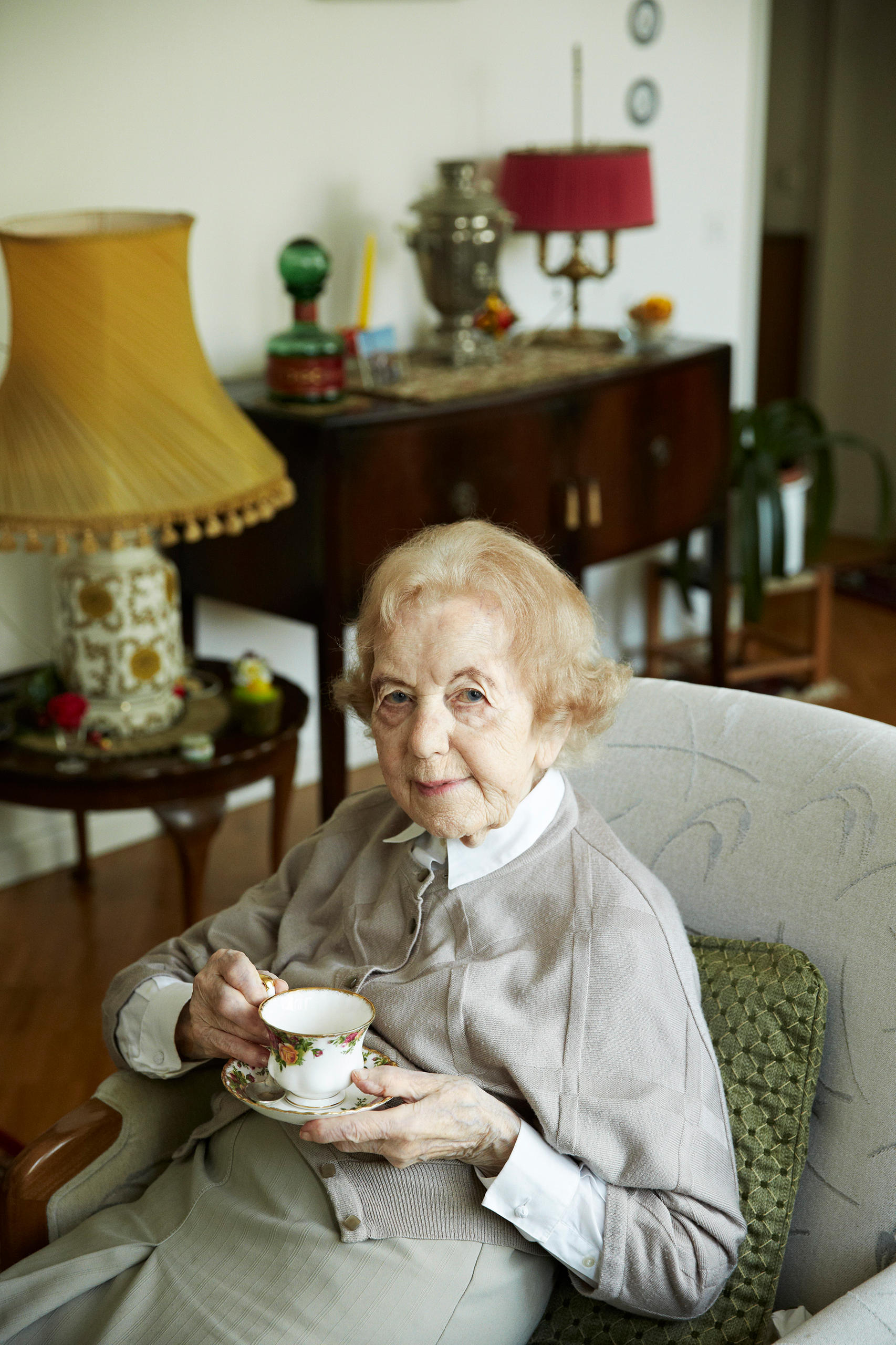
Swiss citizenship: discrimination against women continues

Some children of Swiss women abroad still have practically no chance of obtaining a Swiss passport, despite countless revisions of the law. Children of Swiss fathers, on the other hand, were automatically granted citizenship for years. How did this injustice come about?
Women have always been discriminated against when it comes to Swiss citizenship. Almost 30 years ago a revision of the law should have put an end to any inequalities, but the reality is that some women are still affected by the law which has been on the books for decades.
One woman who still feels the effect of this is Christiane Humbert-Grossrieder. She was born in France in 1948 as the second of four children of Swiss parents. Her mother was a Swiss-German while her father came from the French-speaking part of the country.
Humbert-Grossrieder and her three brothers grew up in Les Tannards near the Swiss border. When she was 18, she registered with the Swiss consulate in Besançon, France, and acquired Swiss citizenship.
Two of her brothers married French women while Humbert-Grossrieder tied the knot with Frenchman Jacques Humbert in 1974. A few years after their wedding, they found out that Humbert-Grossrieder had lost her Swiss citizenship.
“We should have declared before we got married that she wanted to keep her Swiss citizenship,” Jacques Humbert said. Women were required to submit such a declaration from 1953 until 1992, when the law was revised to end discrimination against married women with regard to citizenship.

Advantages for foreign women
“This revision was based on the UN Convention on the Elimination of All Forms of Discrimination against WomenExternal link”, said civil rights specialist Barbara von Rütte. Until then, the law did not only discriminate against Swiss women but also favoured foreign women who married a Swiss man. “These women automatically gained Swiss citizenship when they married a Swiss citizen,” she explained.
The situation was even more unjust before 1952, when the so-called marriage rule was still in force. Under this rule thousands of Swiss women had to give up their Swiss citizenship when they married a foreigner. Sometimes this had harsh consequences.

More
The terrible fate of Swiss women who lost their nationality
“Nobody informed us about this ‘declaration obligation’ before we got married,” Jacques Humbert said. When they realised that Christiane had lost her Swiss citizenship, they tried to reverse it as quickly as possible. “However, it was no longer possible at that point.”
It wasn’t until 2003 that the law gave Humbert-Grossrieder the opportunity to reinstate her Swiss citizenship. However, the fact that her brothers could both marry French women without losing their Swiss passports has always annoyed the couple. What’s more, her brothers’ wives not only gained Swiss citizenship but could keep their French passports.
Swiss citizenship only by paternal descent
The Humbert-Grossrieders’ two children were born in 1975 and 1980. “Our daughters weren’t eligible for a Swiss passport either,” says Jacques Humbert, who all those years has felt responsible for the fact that his wife and children have been deprived of Swiss nationality.
But even if his wife had still been Swiss when she gave birth, their daughters would not have been given Swiss citizenship. Until 1984, only children of a Swiss father and a foreign mother acquired Swiss citizenship at birth; children of a Swiss mother and a foreign father were deprived of this right.
Many countries, including Switzerland, recognise the ‘ius sanguinis’, i.e. the rule that citizenship is determined or acquired by the nationality of a person’s mother or father. In addition to Switzerland, Germany and Austria, for example, also recognise this rule.
There are also countries that recognise the ‘ius soli’, i.e. the rule that citizenship is acquired by being born in the country concerned. These countries include those that have historically seen high levels of immigration, such as the US, South American countries, Canada and Australia, but not Switzerland.
There are no exact figures of how many descendants of Swiss women have been denied access to Swiss citizenship because of this law. Between the first revision in 1978 and the second revision in 1985, around 140,000 children of Swiss mothers applied for Swiss citizenship. However, the number of those who were not given the chance to benefit from this new law must be a lot higher.
The years passed, and the Humbert-Grossrieder family had to get by with “only” French citizenship. They were quite content with this until 2008, when they found out that the law had been amended in 2003 and Christiane Humbert-Grossrieder could apply to become Swiss again.
Emotional reasons
“I had emotional reasons to apply,” she says, stressing that there was never a financial motivation to regain Swiss citizenship. The two retired teachers always knew that they wanted to spend their old age in France.
In 2009 Humbert-Grossrieder finally got her red Swiss passport back and has used her right to take part in votes and elections ever since. Nothing changed for her daughters, however, as they were already over 18 when her citizenship was reinstated.
“For years we felt it was unfair that the descendants of the male line were all French-Swiss dual citizens, but the descendants of the female line were not,” says Jacques Humbert.
“The consequences of this show how strongly jus sanguinis is still enshrined in Swiss society,” says lawyer Barbara von Rüttereferring to the principle by which citizenship is determined or acquired by the nationality of one or both parents – as opposed to where a person is born. A woman’s children are still hugely affected by this law’s consequences, she says.
No understanding by the Federal Court
Von Rütte says it is notable that with the few cases it had to rule on, the Federal Court failed to show “any understanding to eliminate this discrimination”.
She thinks the Federal Court should be more lenient when it assesses the eligibility of individual cases, but this has never happened, she says.
She points to the case in 2019 of a Swiss woman, born in Switzerland to Swiss parents, who aged ten had moved to Belgium with her mother. When she married a Belgian, she lost her Swiss citizenship, and when she later returned to Switzerland and received social welfare benefits, her Swiss residence permit was revoked and she had to leave the country. The Federal Court ruled that in this case it was irrelevant that the woman used to have Swiss citizenship.
As long as Swiss citizens who live abroad register their children with the relevant Swiss authorities in time (before the children turn 25), transferring Swiss nationality to the children is relatively easy. If they fail to register within the given period, they can still apply for reinstatement of Swiss citizenship within ten years. After that, however, the only way to regain Swiss citizenship is to move permanently to Switzerland and stay there for at least three consecutive years.
Humbert-Grossrieder’s children have missed all the relevant deadlines and moving to Switzerland is not an option. “Both our daughters are teachers and don’t have any plans to work in Switzerland,” says Jacques Humbert. “However, [having a Swiss passport] would have been practical for them.”
Translated from German by Billi Bierling.
More

In compliance with the JTI standards
More: SWI swissinfo.ch certified by the Journalism Trust Initiative































You can find an overview of ongoing debates with our journalists here . Please join us!
If you want to start a conversation about a topic raised in this article or want to report factual errors, email us at english@swissinfo.ch.